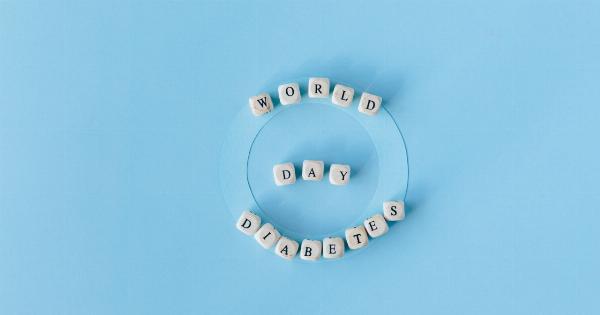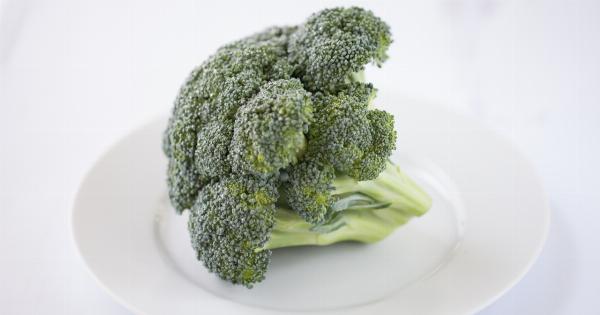There are several reasons why people choose to adopt a vegetarian diet. Some are motivated by concerns about animal welfare, while others want to improve their health or reduce their environmental footprint.
Whatever your reasons may be, transitioning to a vegetarian diet can be challenging. Here’s what you need to know.
What is a vegetarian diet?
A vegetarian diet eliminates meat, poultry, and seafood from your meals. Depending on your preferences, you may also exclude dairy, eggs, and other animal products from your diet.
Vegetarianism has been practiced for thousands of years by certain cultures, and it has grown in popularity in recent times, with millions of people following some form of vegetarianism worldwide.
What are the benefits of a vegetarian diet?
Research has linked vegetarian diets to several health benefits, such as lower rates of heart disease, hypertension, type 2 diabetes, and obesity.
Vegetarian diets are also associated with a lower incidence of certain cancers, such as colon, breast, and prostate cancer. Additionally, vegetarianism has been shown to reduce the carbon footprint of your diet, which contributes to environmental sustainability.
What are the potential drawbacks of a vegetarian diet?
While a vegetarian diet can provide many health benefits, it may also come with some potential drawbacks. For example, if you don’t consume enough vitamin B12, folate, or iron, you may be at risk of developing anemia.
Vegetarian diets can also be low in protein, which can lead to muscle loss or weakness if you’re not getting enough from other sources, such as legumes, tofu, and nuts.
What are some vegetarian protein sources?
There are plenty of vegetarian sources of protein to choose from. Some popular options include legumes, such as lentils, chickpeas, and kidney beans. Tofu and other soy products are also rich in protein.
Nuts and seeds, such as almonds, chia seeds, and pumpkin seeds, are great sources of protein too.
What are some nutrient-rich vegetarian foods?
To ensure that you’re getting all the nutrients your body needs, it’s important to include a variety of foods in your diet. Some nutritious vegetarian foods include quinoa, dark leafy greens, sweet potatoes, berries, and broccoli.
Additionally, fortified plant-based milks can provide calcium, vitamin D, and other nutrients that would otherwise come from dairy products.
How can you ensure you’re getting enough nutrients on a vegetarian diet?
To ensure that you’re getting all the nutrients your body needs on a vegetarian diet, it’s important to plan your meals carefully.
Make sure to include a variety of nutrient-dense foods in your diet, such as fruits, vegetables, whole grains, legumes, and nuts. Consider taking a vitamin B12 supplement, as this nutrient is primarily found in animal products. If you’re concerned about your iron levels, you may want to discuss taking an iron supplement with your healthcare provider.
What are some potential challenges of transitioning to a vegetarian diet?
Transitioning to a vegetarian diet can be challenging for some people. For example, you may have to find new sources of protein if you’re used to relying on meat for this nutrient.
Additionally, many social gatherings and restaurants don’t have many vegetarian options, which may require you to plan ahead or bring your own meals. Finally, a vegetarian diet may be more expensive than a diet that includes meat, as some meat alternatives can be costly.
What are some vegetarian meal options?
There are plenty of delicious vegetarian meal options to choose from. You can try making tofu stir-fry, lentil soup, or veggie burgers for a filling meal.
If you’re short on time, you can whip up a quick salad with mixed greens, avocado, and chickpeas. Or, for a hearty breakfast, try making scrambled eggs with veggies and whole-grain toast.
What are some tips for transitioning to a vegetarian diet?
If you’re considering transitioning to a vegetarian diet, here are some tips to help you get started:.


























